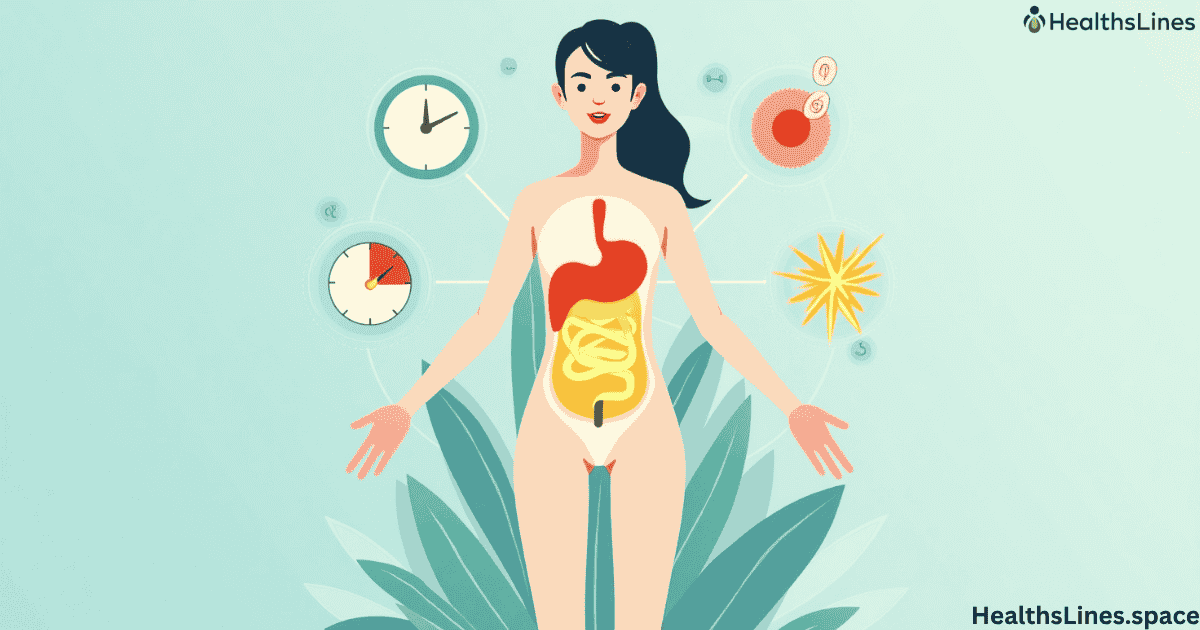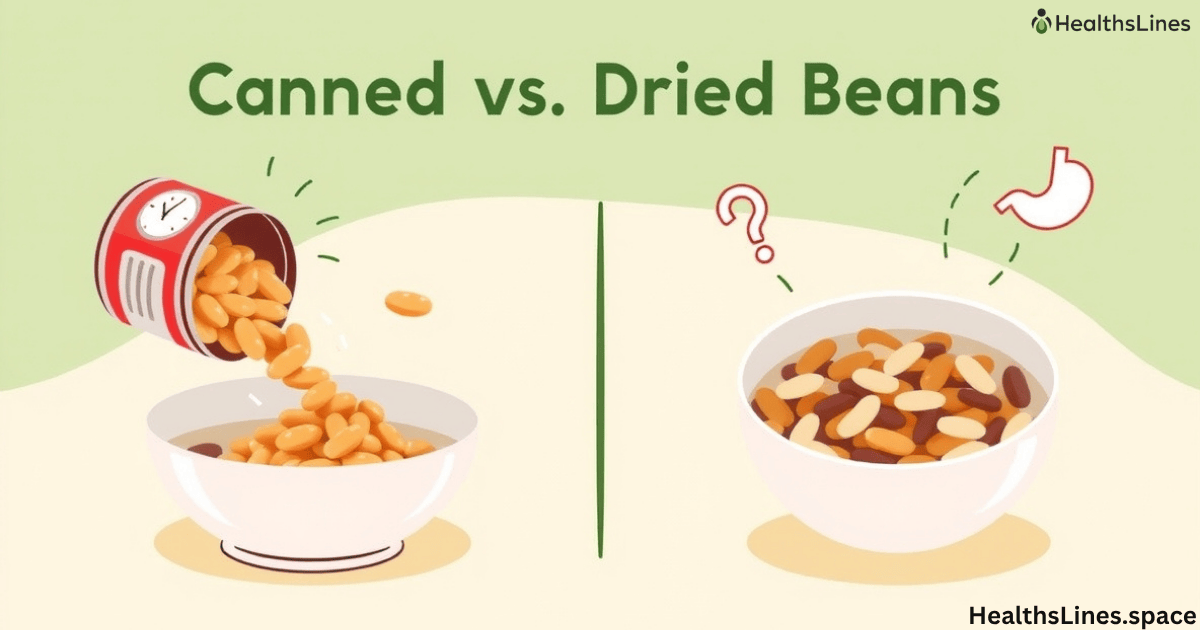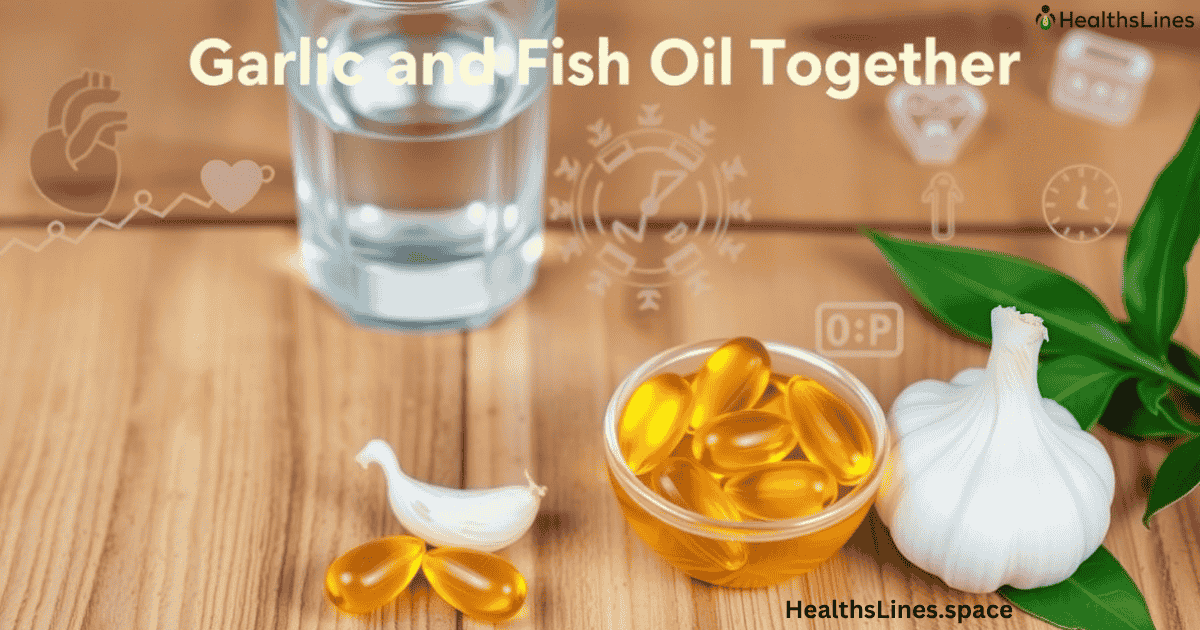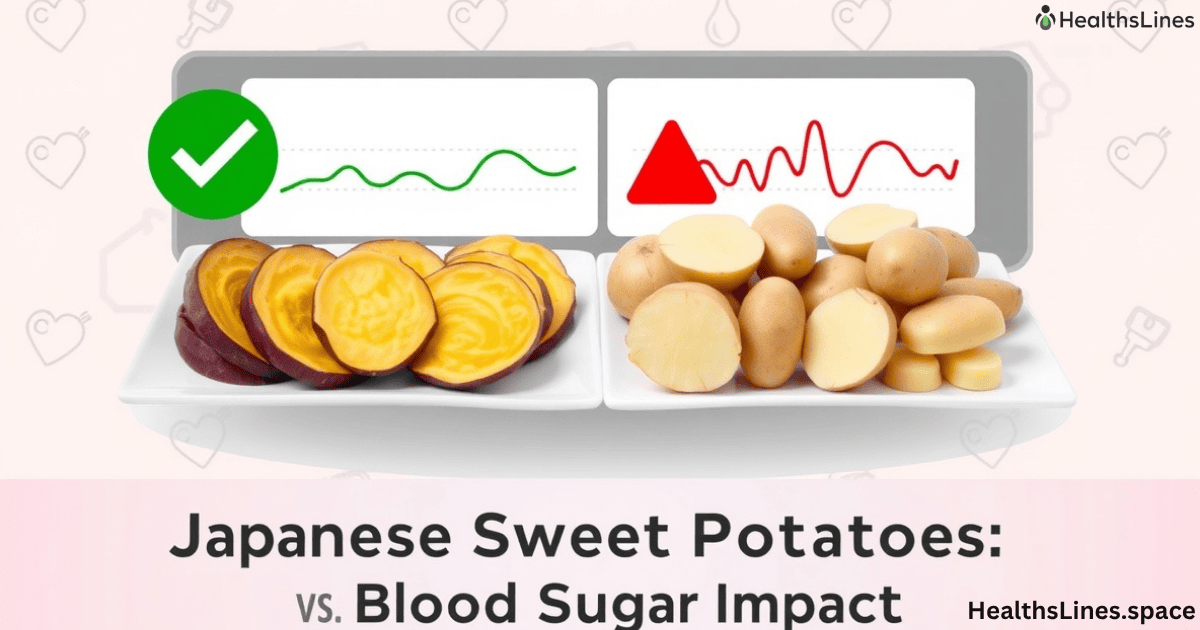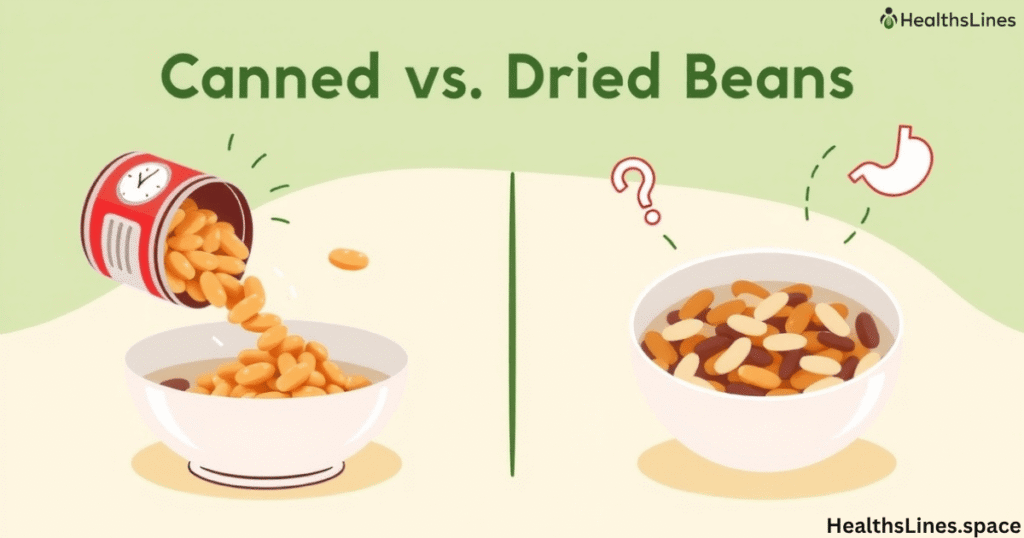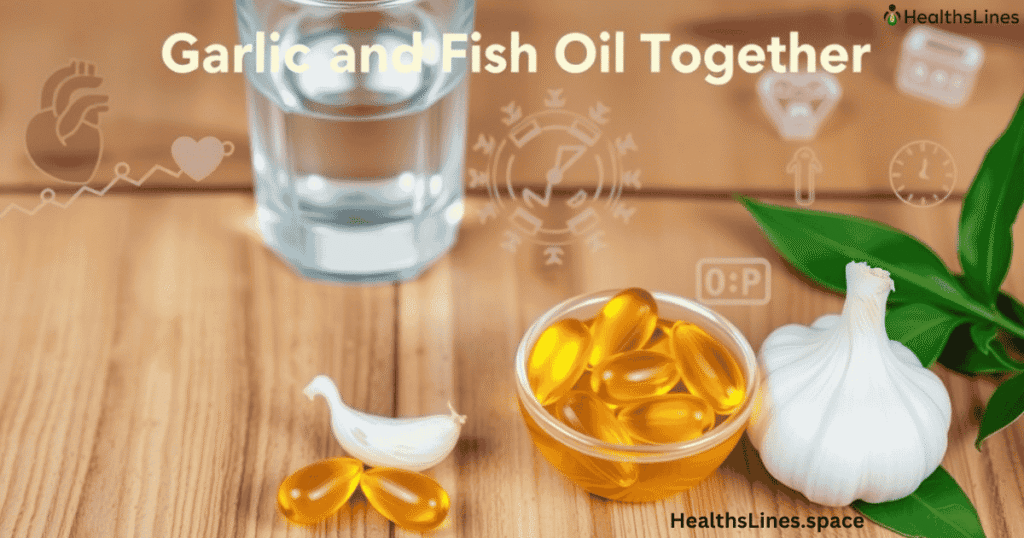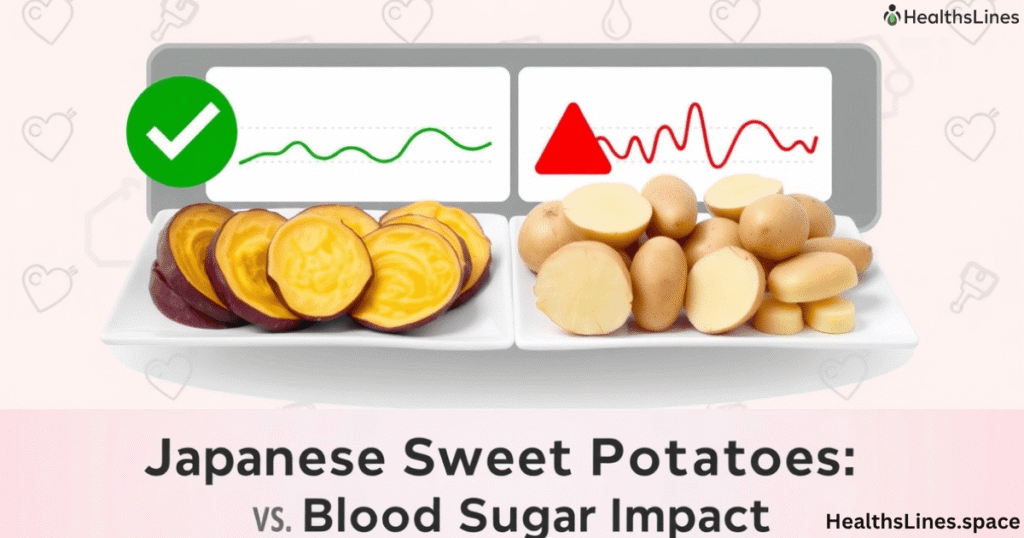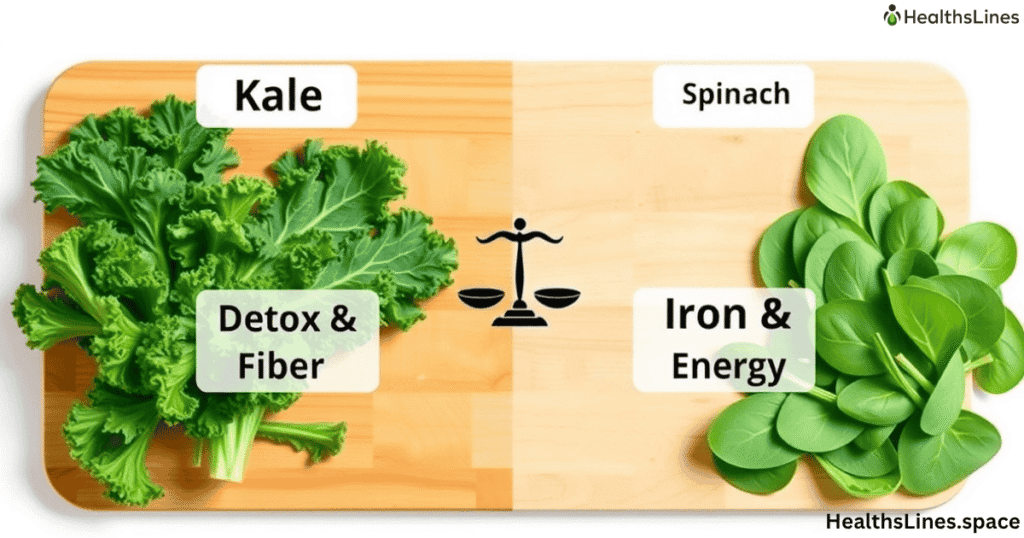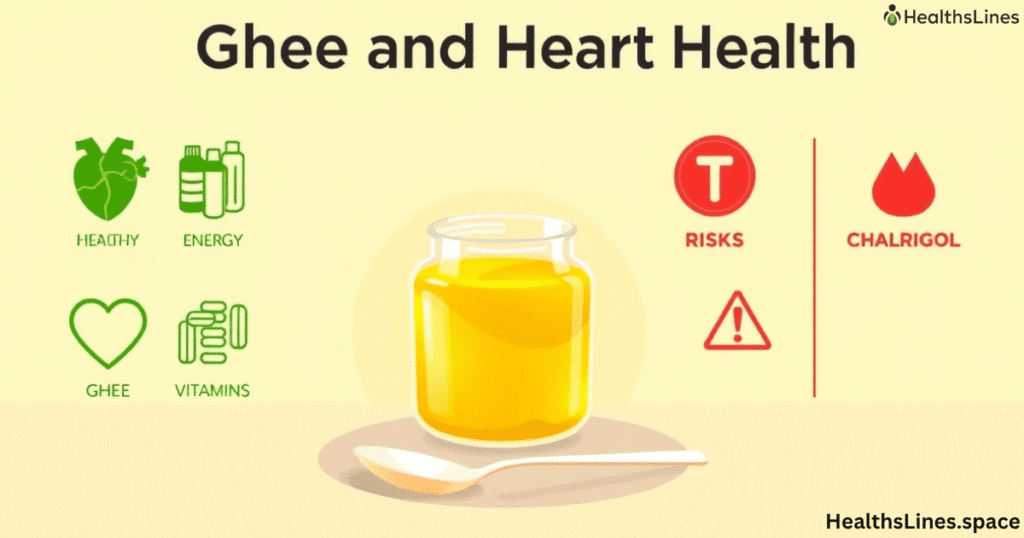Fasting is not new. People have practiced it for thousands of years, often for spiritual or religious reasons. But now, many are using it to improve health. So, what happens to your body when you fast? The truth is, fasting triggers many changes inside you—some happen in hours, others take days. These changes can affect your brain, your heart, your metabolism, and more Benefits of Fasting.
Let’s explore the real science of fasting and find out what fasting does to your body step-by-step. This guide explains everything in simple words, backed by real facts and research.
1. Blood Sugar and Insulin Drop
As soon as you stop eating, your body stops getting sugar from food. It starts using stored sugar, called glycogen, in your liver and muscles. This usually lasts around 12 to 24 hours. During this time, blood sugar levels during fasting begin to fall. As your blood sugar drops, your pancreas also makes less insulin. This hormone helps your body store fat and sugar.
Insulin and fasting have a strong link. Lower insulin means your body can start burning fat instead of storing it. Over time, this can lead to better insulin sensitivity, which helps prevent type 2 diabetes. Studies show that people who practice intermittent fasting may see better blood sugar control without needing more medication.
2. Your Body Starts Ketosis
After about 12 to 24 hours without food, your glycogen runs out. Your body needs a new fuel source. That’s when ketosis begins. In this state, your liver breaks down fat into molecules called ketones. Your body and brain use these for energy. This process is known as ketosis fasting.
Ketones are a cleaner fuel than glucose. They may help improve brain function and reduce oxidative stress. Many people report feeling more alert and focused during ketosis. Ketones also support fat burning, making fasting effective for weight loss and energy balance. This is one reason why people trying the 16:8 intermittent fasting plan often say they feel better mentally.
3. Your Cells Begin Repair (Autophagy)
Once your body is in a fasted state for 24 to 36 hours, something amazing happens. Your cells begin cleaning themselves. This process is called autophagy. It means “self-eating,” but it’s not as scary as it sounds. It’s actually good for you.
Autophagy and fasting go hand in hand. Your cells break down and recycle old, damaged parts. They get rid of things that can turn into disease if left unchecked. Some scientists, like Dr. Yoshinori Ohsumi, who won a Nobel Prize, showed how autophagy can protect you from conditions like Alzheimer’s and cancer. That’s why many experts believe cellular repair fasting is one of the biggest fasting health benefits.
4. Growth Hormone Increases
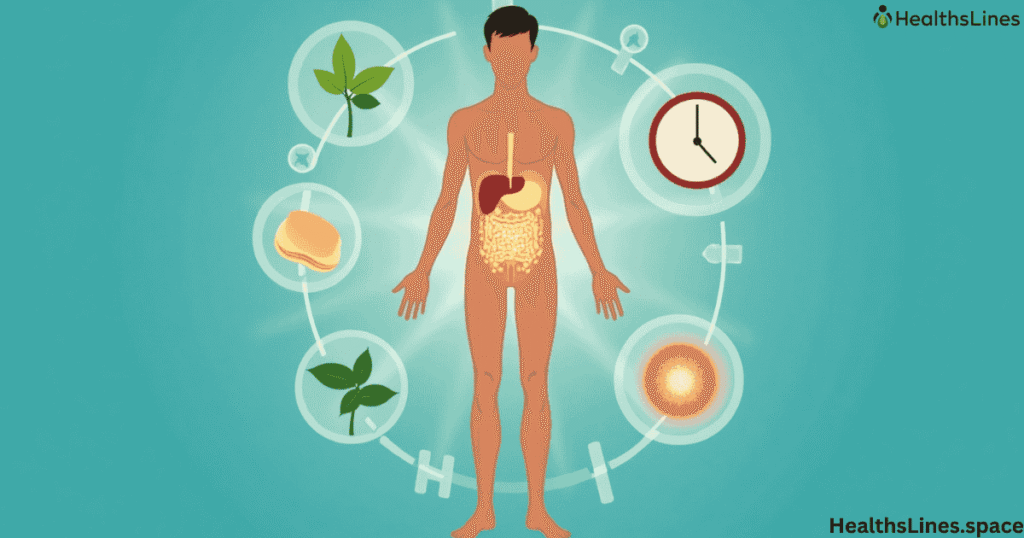
Another major change during fasting is the rise in human growth hormone (HGH). After 24 hours, your HGH levels can go up by as much as 300%. This hormone helps your body maintain muscle and burn fat. It also helps repair tissue and support recovery.
Human growth hormone fasting is not just for athletes. Anyone who fasts can benefit. More HGH means faster fat burning, better muscle strength, and improved healing. Some studies even link HGH to better skin, stronger bones, and slower aging. This is one reason alternate-day fasting has gained popularity with people over 40.
5. Metabolism Speeds Up
It may sound strange, but short fasts can actually boost your metabolism. When you fast for 24 to 48 hours, your body releases norepinephrine, a hormone that helps burn fat faster. This makes your body use stored fat for fuel.
Some people worry, “Does fasting slow metabolism?” The answer is no—not in the short term. In fact, one study found that resting energy expenditure increased by up to 14% after a two-day fast. Long fasts over several days, however, may slow metabolism, so it’s best to fast smart. Fasts like the 36-hour fasting benefits plan can give your metabolism a temporary push without causing harm.
6. Inflammation Goes Down
Chronic inflammation is a hidden cause of many diseases, from arthritis to heart attacks. Fasting helps reduce inflammation. After 2 to 3 days, your body lowers levels of inflammatory markers like CRP and IL-6. That means less swelling, less pain, and better health overall.
Inflammation and fasting are closely linked. Studies have shown that intermittent fasting reduces oxidative stress, which harms cells. With less stress, your body stays younger, longer. These changes help explain the growing interest in fasting for longevity.
7. Gut Gets a Break
Digestion is hard work. When you eat, your gut must break food down, absorb nutrients, and move waste out. This process takes a lot of energy. Fasting gives your digestive system a rest, which can be a good thing.
Fasting and gut health are deeply connected. Studies suggest that short fasts improve gut motility and may rebalance the gut microbiome. This helps with issues like bloating, gas, and irregular bowel movements. Some experts say fasting can also lower the risk of leaky gut syndrome.
8. Brain Gets Sharper
Many people who fast say they feel more focused and calm. That’s not just in their heads. When you fast, your brain starts using ketones. These molecules are cleaner and more stable than glucose. This leads to better concentration and mood.
Fasting and brain function improve together. Fasting boosts a protein called BDNF (brain-derived neurotrophic factor). This protein helps brain cells grow and form new connections. BDNF may also lower the risk of depression and improve memory. Experts like Dr. Jason Fung believe fasting is a powerful tool for mental clarity.
9. Heart Health Improves
The benefits of fasting for the body extend to your heart. Fasting lowers blood pressure, reduces bad cholesterol (LDL), and decreases triglycerides. All of these lower your risk of heart disease.
People with high blood pressure may see results in as little as 3 to 4 weeks with time-restricted eating. Researchers also found that fasting improves markers like blood sugar and inflammation, which affect your arteries. Over time, your heart works more efficiently and stays stronger.
10. Lower Risk of Chronic Illness and Longer Life
One of the most exciting findings about fasting is its effect on aging and disease. Fasting doesn’t just help you feel better now—it may also help you live longer. Studies on mice show that long fasts (72+ hours) can regenerate parts of the immune system.
Fasting also lowers the risk of chronic disease like cancer, type 2 diabetes, and neurodegenerative disorders. Researchers like Valter Longo, creator of the “Fasting Mimicking Diet,” believe that fasting changes gene expression in ways that support health and fasting for longevity. These results are still being tested in humans, but the early signs are promising.
How to Fast Safely
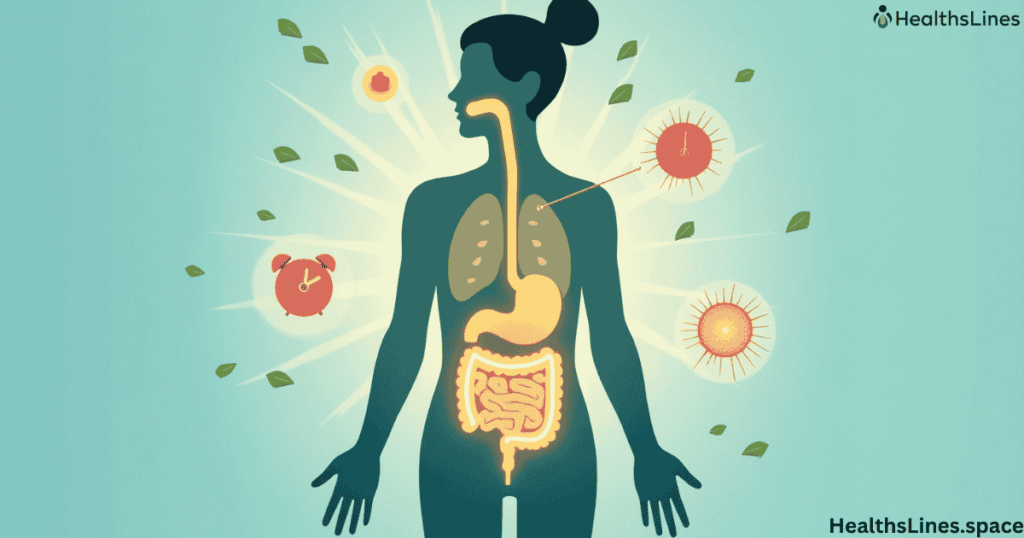
Fasting can be powerful, but you need to be careful. Drink water often. Stay hydrated. Add sea salt or electrolytes if fasting longer than 24 hours. If you feel dizzy or weak, break your fast. Fasting should make you feel better, not worse. If you have a health condition, talk to a doctor first.
Here’s a quick chart to help understand the fasting timeline chart and what happens hour by hour:
| Time (Hours) | What Happens to Your Body |
| 0-12 | Blood sugar drops, insulin falls |
| 12-24 | Ketosis begins, fat used as fuel |
| 24-36 | Autophagy starts, HGH rises |
| 36-48 | Inflammation falls, BDNF rises |
| 48-72 | Deeper repair, immune reset |
Who Should Not Fast
Not everyone should fast. If you are pregnant, breastfeeding, underweight, or have an eating disorder, fasting can be dangerous. People with type 1 diabetes or who take insulin must be very careful. Fasting with diabetes should only be done under medical supervision.
Also, children and teens need regular nutrition for growth. Senior with health conditions should speak with a professional. Signs of trouble include severe fatigue, mood swings, dehydration, or electrolyte imbalance. Always listen to your body.
Conclusion
So, what happens when you fast? You burn fat, clean your cells, lower inflammation, and even improve your brain. The effects of fasting are real and supported by science. But it’s not magic. Fasting is just a tool, not a cure. When used wisely, it can help you feel better, live longer, and avoid disease.
By understanding how fasting affects the body, you can make better choices. Whether you try 16:8 intermittent fasting, a 24-hour fast, or alternate-day fasting, always go slow and listen to your body. The fasting benefits are worth it—but only when done safely and smartly.
